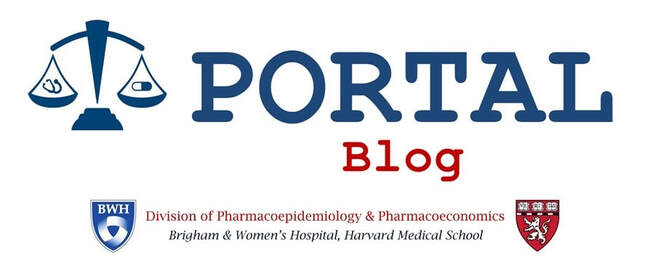|
Jonathan J. Darrow
A looming antimicrobial resistance crisis and perceived inadequacies in the antimicrobial drug pipeline have led some commentators to recommend that the FDA relax its approval requirements. However, a number of programs already exist that provide the FDA and drug developers with substantial flexibility in the development and approval of new medicines, including the Orphan Drug Act program, the Fast-Track program, the Accelerated Approval program, the Breakthrough Therapy program, and the Priority Review program. A new study from researchers at PORTAL traces trends in the FDA approval of new antimicrobial products, as well as how expedited regulatory approval programs have been applied to them, over the last 35 years. This study in The Lancet Infectious Diseases found that antimicrobial drugs used at least one of these programs at least as frequently as non-antimicrobial drugs (61% vs. 53%). Antimicrobial drugs used the Priority, Fast-Track, and Accelerated Approval programs with greater frequency than non-antimicrobial products, the Orphan Drug Act program with lesser frequency, and the Breakthrough Therapy program with similar frequency. Another special program called the Animal Rule allows approval on the basis of animal studies when human trials are not ethical or feasible. Of the 14 indications approved under the animal rule, nine (64%) addressed infectious disease-related conditions. The FDA’s flexible approach to antimicrobial products was reflected in shorter total clinical development and FDA review times, on average, compared to non-antimicrobials (5.9 vs. 7.6 years). The antibacterial subcategory had similar average clinical development times as other antimicrobial products, but substantially longer FDA review times. Antibacterials also used each special FDA program less frequently than other antimicrobials, but this is likely due to the fact that the antibacterial category was already mature in the 1980s and that these new products were not able to show any advantage over existing products, a requirements for these expedited approval programs. Overall, this study demonstrates that the FDA is applying flexibilities to antimicrobials as appropriate, despite concerns over a lack of flexibility by some commentators. |
AuthorPORTAL Blog posts are authored by PORTAL faculty, trainees, and collaborators. Archives
January 2022
Categories |
|
Program On Regulation, Therapeutics And Law (PORTAL)
Division of Pharmacoepidemiology and Pharmacoeconomics 1620 Tremont Street, Suite 3030 Boston, MA 02120 |



 RSS Feed
RSS Feed
